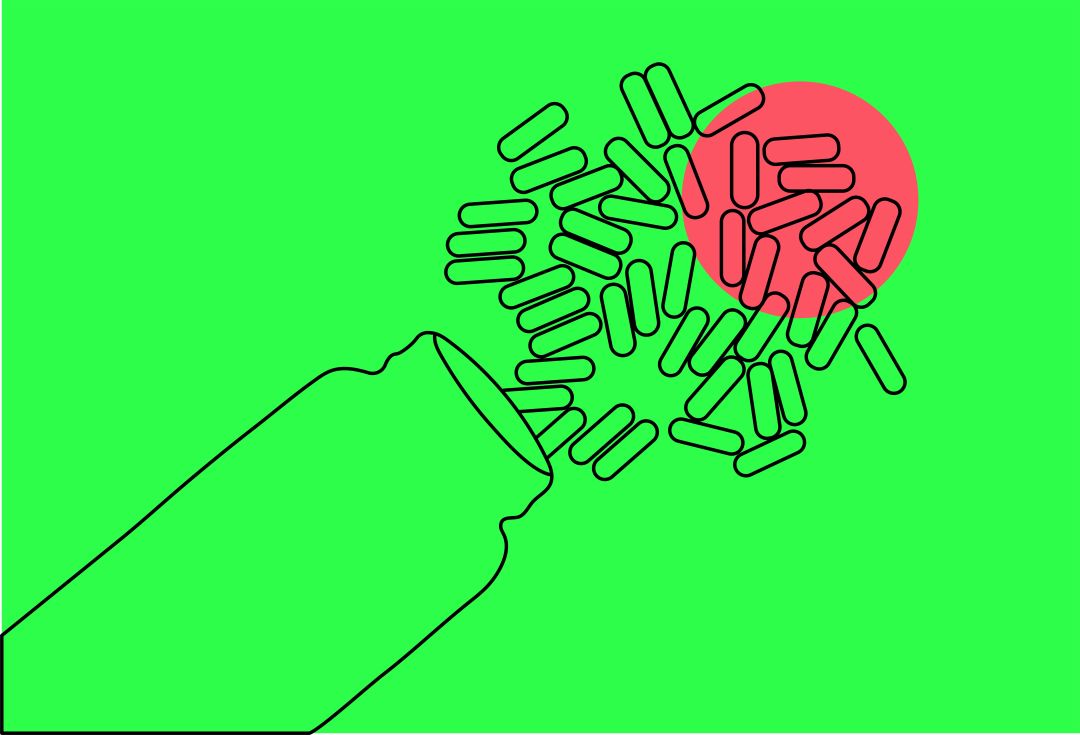Two Sarasota Nutritionists on Why Probiotics Are So Good For Us

Image: Kari Perrin
Looking for ways to help keep your immune system in good shape? Taking a probiotic supplement may help.
Probiotics are live, active bacteria that are good for the gut. But they can also strengthen your immune system, increase mental clarity and more. While the body naturally contains a balance of diverse bacteria, probiotics can help maintain a level of homeostasis.
Sarasota nutritionists Mikka Knapp from Bright Body Nutrition and Nora Clemens from Nutrition and Wellness Solutions offer tips on finding the best probiotic supplement, and what foods naturally contain the good stuff.
Do you recommend taking a probiotic supplement?
"Yes, because the amount you get in food can be variable," says Knapp. "Taking a supplement is like having a good insurance policy."
Clemens adds that taking a supplement can also help ensure you are getting the right probiotic strain for the desire health benefit.
What are the benefits of taking a probiotic supplement?
"The gut is like the root of our health; everything starts when we keep the gut balanced," says Knapp. She adds that probiotics can reduce bloating and irregularity, support weight loss efforts by reducing sugar cravings, and clear skin issues like acne, eczema and psoriasis.
"The gut-brain connection is also so strong," says Knapp. "Whatever happens in the brain can effect the gut, and vice versa. The majority of our serotonin is made in the gut, so a healthy gut can help reduce symptoms of depression and anxiety."
Knapp adds that children can also benefit from a daily probiotic supplement. They can prevent or delay food allergies and build up their immune systems.
What should we look for in a good probiotic supplement?
Knapp says find the two most important strains on the ingredient list: lactobacillus and bifidobacteria. These are the scientific first names of the bacteria, typically followed by a last name such as acidophilus.
"More importantly, there should be a letter-number combo after the name, for instance 'GR1' or 'BI4,'" Knapp adds. "This means it is a guaranteed strain. You could actually trace the bacteria back to the lab. A lot of companies don't post this, but when purchasing a probiotic, it's something you want to look out for."
Look for products with 10 billion or more colony-forming units (CFU). It sounds like a lot, but your gut contains more than 100 trillion units. Knapp says if the product is less than 10 billion, it might not be effective.
Some brands she recommends are Renew Life and Metagenics.
How often should you take a probiotic? How should it be stored?
"We know that the set of microbes we are born with are the set we'll have for a lifetime," says Clemens. "They might wax and wane in quantities, but as long as we are supplementing almost daily and eating fiber, they will stay alive."
Clemens says probiotics are safe and recommended to consume daily, with a healthy dose of fiber-rich veggies, fruits and whole grains to support it. "Fibers feed the beneficial bacteria," she adds.
Most probiotics should be refrigerated, and will be found in a refrigerated section at the grocery or drug store. Unless the product is designed to stay alive at room temperature, it should always be stored in the fridge.
If you don't want to take a supplement, what foods contain sufficient probiotics?
Both Clemens and Knapp broke down probiotic-containing foods into a few categories: dairy, vegetable, soy and drinks. Here is a list:
- Greek yogurt (look for low-sugar options)
- Kefir yogurt, a dairy drink (look for low-sugar options)
- Kimchi (fermented cabbage)
- Sauerkraut
- Miso paste
- Natto (soy-based paste)
- Tempeh (fermented tofu)
- Kombucha (look for low sugar options). Knapp says kombucha's high yeast content can be a problem for some people. Clemens drinks it almost daily.
"A little can go a long way, too," Clemens says. "Just a tablespoon of sauerkraut or kimchi can be helpful."



